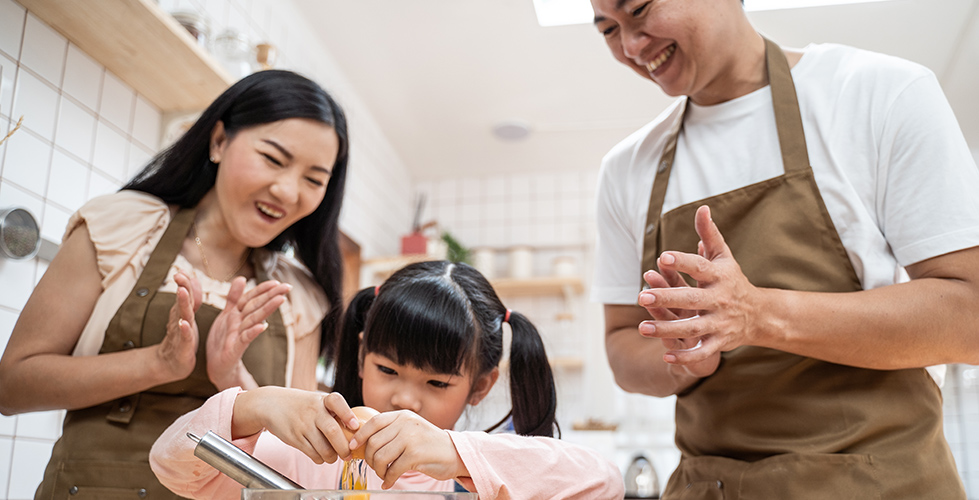What is a “family?” A family can be defined in different ways. Some may believe a family consists of people related to each other by blood, such as biological parents, their children, and blood related relatives. Others may consider family to be comprised of people who are close and connected through commitment, respect, support, and warm positive feelings for one another, although they may not be biologically related. While the diversity of family structure and composition may vary, most people can agree that the quality of family relationships and dynamics is of great importance.
Why is this? From the moment we are born, our family’s words, tone, approach, affection, and actions teach us about ourselves and the world. These experiences shape our thoughts and beliefs about ourselves and our expectation of how the world will receive and respond to us. The way families experience the ups and downs of life and manage conflict often models the way we will think and move through personal struggles in the future.
Developing and maintaining healthy family relationships and dynamics requires active thoughtfulness and intentional work. One of the most important foundations for healthy family relationships is to ensure safety, security, and trust. Similar to a newborn baby, each and every family member will grow and develop over time with changing views, values, priorities, and interests. With a foundation of safety, security and trust, family members can more comfortably explore, learn, grow, make mistakes, and try again. Giving each other room to grow while actively and curiously paying attention and communicating to learn about the growth, signals support and respect.
Active acknowledgement and praise of people’s good intentions and efforts can help them appreciate their positive choices and growth. This can enhance their self-esteem and self-confidence and balance difficult thoughts and feelings that may accompany future challenging times.
As families experience ups and downs, having open discussions and working together to navigate the situation can help manage worries and foster feelings of togetherness and hope of a positive outcome. These types of family experiences can improve members’ self-esteem and support the development of positive, hopeful, and trusting views of the world around them. Family members may feel more comfortable to explore the world beyond their family, socialize more freely, learn, try new things, make mistakes, and try again.
Dr. Jabeen Ali is a Child and Adolescent Psychiatrist who enjoys helping children and adolescents discover their strengths and continue to grow with caring support.



Comments are closed.